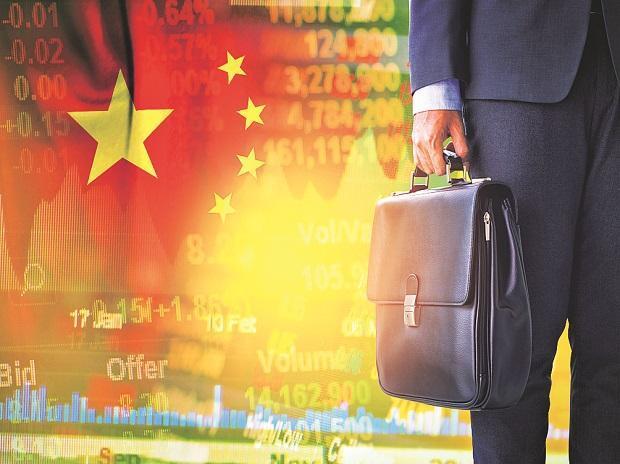MediaTek Helio G25 and Helio G35 include MediaTek HyperEngine game
technology.
MediaTek
on Tuesday expanded its G-series mobile processors with the launch of Helio G35
and Helio G25 system-on-chips. The SoCs feature MediaTek HyperEngine game
technology for enhanced gaming performance without compromising on the power
efficiency. Besides gaming-centric enhancements, the chipsets are touted to
bring improvements with regard to imaging capabilities. Targeting the global
smartphone user base, the new chips are designed for feature-rich smartphones
in budget and midrange segment.
“The MediaTek
Helio G25 and G35 chips offer smartphone users premium features included in
our other G-series family, including enhanced power efficiency, optimum
performance, seamless gameplay, and enhanced photography,” said Dr Yenchi Lee,
Deputy General Manager, Wireless Communications Business Unit, MediaTek.
Both the chips
boast ARM Cortex-A53 CPUs, which operate at a peak frequency of up to 2GHz on
the Helio G25 and up to 2.3GHz on the Helio G35. The chips have IMG PowerVR
GE8320 graphic processing unit, with speeds of up to 650MHz and up to 680 MHz
for the MediaTek Helio G25 and G35, respectively. Built on 12nm FinFET
production process, the chips feature MediaTek HyperEngine’s intelligent power
management for enhanced battery-life and power efficiency.
For imaging, the
chips support multi-camera set-up and include a hardware depth engine for dual
camera bokeh photography. The G25 supports a single camera mode of up to 21MP
at 30fps, while the G35 supports up to 25MP cameras with artificial
intelligence-based camera features, including simulated bokeh effects.
There are
Electronic Image Stabilisation (EIS) and Rolling Shutter Compensation (RSC)
engines to mitigate warped videos when capturing fast action or panning video.
The chips also support AI-camera enhancements such as AI beautification, Smart
Photo Album, and enhance precision in bokeh captures.





















